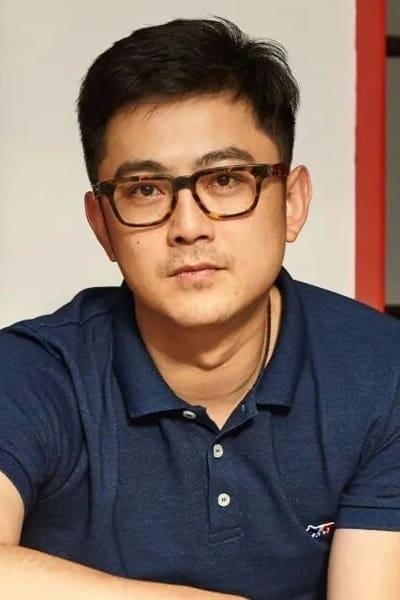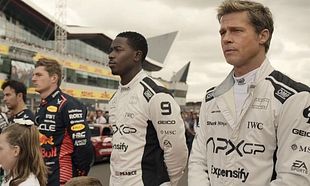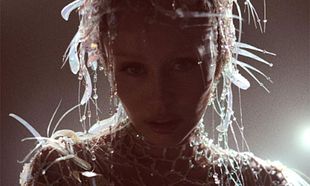Those expecting an action film (and you’d be forgiven with a title like that) are going to be disappointed as this adaptation of an ancient story sees the Flowers of Shanghai director more interested in atmosphere and pretty visuals. It’s all very measured and calculated and meditative but also cold and lifeless.
Set in 9th century China where the Weibo province has broken from The Emperor. Nie Yinniang (Shu, The Transporter) is an assassin hired to kill Weibo’s governor, Lord Tian (Chang), who just happens to be Yinniang’s cousin and whom she was once promised to marry. Although trained by a nun to be emotionally numb, Yinniang can’t bring herself to off Tian who too is caught in two minds as to what to do when rumours circulate that the Emperor has threatened invasion.
A Best Director winner at last year’s Cannes, Hsiao-Hsien Hou manages to somehow have his dialogue heavy with exposition and yet his narrative frustratingly difficult to follow, which is a feat in itself. With its listless scenes (there’s a lot of sitting around and staring off into the middle distance) that appear to be cut and thrown together randomly, a free-flowing plot is not what interests Hou (he may have scooped Best Director but The Assassin apparently garnered some walkouts too).
He’s not at all interested in action scenes either despite claiming to be a Wuxia fan since he was a boy. When a chance for some swordplay does occasionally happen by Hou seems embarrassed by it all and can’t wait to get out of there, keeping them breathlessly short and somewhat abstract; one scenario, with Yinniang facing off a group of guards, is shot from across a field and through a tree-line. There’s no steadfast rule that says a film called The Assassin, and is about an actual. Assassin, should have assassinations in it, but when the film is being marketed as an action movie one can come away feeling swindled. You’ve been warned.
But it is pretty. The costumes and sets are colourful, and with its rolling hills and mists sitting on lakes Hou’s long-time collaborator Ping Bin Lee’s dreamy cinematography achieves the contemplative nature his director is after. The sounds too – the soundtrack is largely absent in favour of chirping birds and crackling fires – play their part.
Dull though.










































































